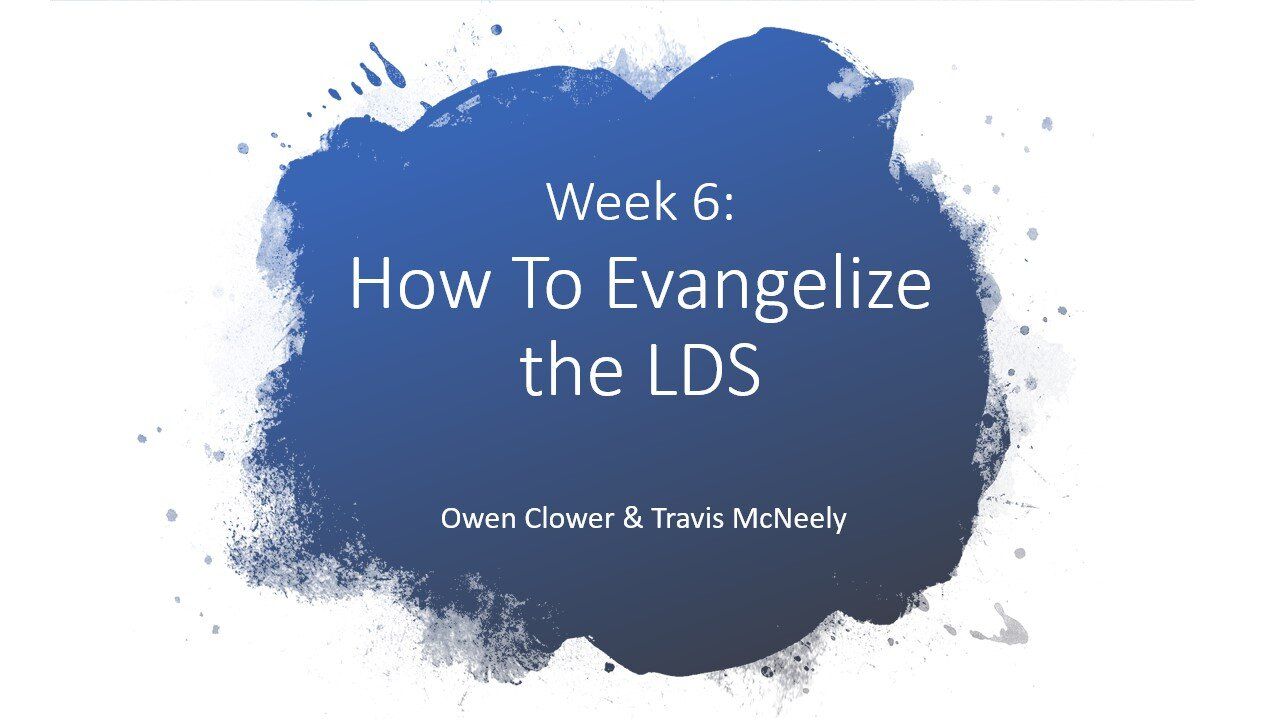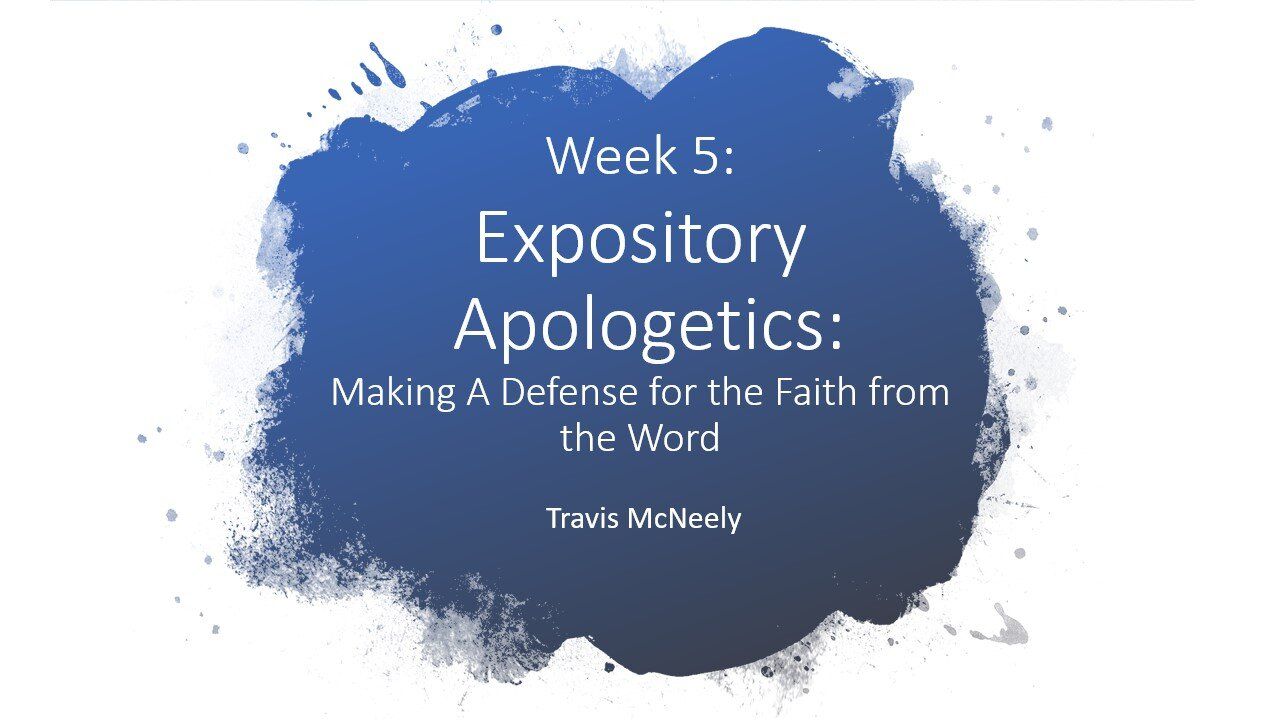Four Reasons To Reject Using the Term "Social Justice"

The Question of “Social Justice: In connection with this discussion of solutions to poverty, some readers may expect me to argue that governments (or societies) should practice “social justice.” While I certainly believe that individuals, governments, and societies should act in ways that are “just” (for the Bible contains frequent references to “justice”), I have not generally used the phrase “social justice” in this book, for four reasons:
1.) The phrase “social justice” is not found in the Bible, and therefore people can define it in many ways. This means that it is important to understand precisely what the phrase means before we can think clearly about which Bible passages, if any, apply to this issue.
2.) In actual usage, the phrase “social justice” means several different things to different people , and too often this has allowed it to be used as a vague, ill-defined term that can attract initial support for some political positions that people would not otherwise favor if they understood what was being promoted by the use of that term. (After all, who would ever want to oppose “justice”?).
3.) The phrase “social justice” is sometimes used to advocate political or economic policies that I personally do not support. For example, David Gushee and Glen Stassen devote an entire chapter to “justice,” which they also refer to as “social justice.” But they explain this justice as “an end to unjust economic structures, unjust domination, unjust violence, and unjust exclusion from community”. What do they mean by “unjust” in these references? Other sections of the book show that, for them, “unjust domination” includes the complementarian view of men’s and women’s roles in the church (as opposed to their evangelical feminist view); “unjust violence” includes participation in warfare, even wars of defense (as opposed to their pacifist position; and “unjust economic structures” seems to include modern free-market economies (economic systems that, in their view, need more government regulation in order to guarantee more fair distribution of goods). But if those policies are what people mean by “social justice,” then it would be unwise for me to use that phrase, for this would make it easy for people to misunderstand me and think I was affirming feminism, pacifism, and quasi-socialism, policies with which I disagree.[1]
4.) The phrase “social justice” can wrongly encourage a victim mentality and resentment toward the entire society or nation . This is because, rather than precisely specifying illegal or immoral activity by individual X, Y, or Z, the adjective social focuses blame on “society” as a whole, thus promoting a conviction that society in general is “unjust,” and therefore society as a whole must be forced (through use of government power) to better the circumstances of any people who feel that life has not gone well for them.
[1]Interestingly, I did not find the expression “social justice” in the indexes for the ethics texts by John S. Feinberg and Paul D. Feinberg, John M. Frame, Norman L. Geisler, Richard B. Hays, David Clyde Jones, Walter C. Kaiser Jr. Robertson McQuilkin and Paul Copan, or Scott B. Rae. John Jefferson Davis mentions the phrase on p. 223 but does not discuss it. (This footnote is from Wayne Grudem).
This excerpt is taken from Wayne Grudem’s book: Christian Ethics
Photo credits unsplash-logoActionVance
Want To Book Me for Your Event or Conference?
Fill out the form below and we'll be in touch!
Book Travis McNeely
We will get back to you as soon as possible
Please try again later
More posts like this...




